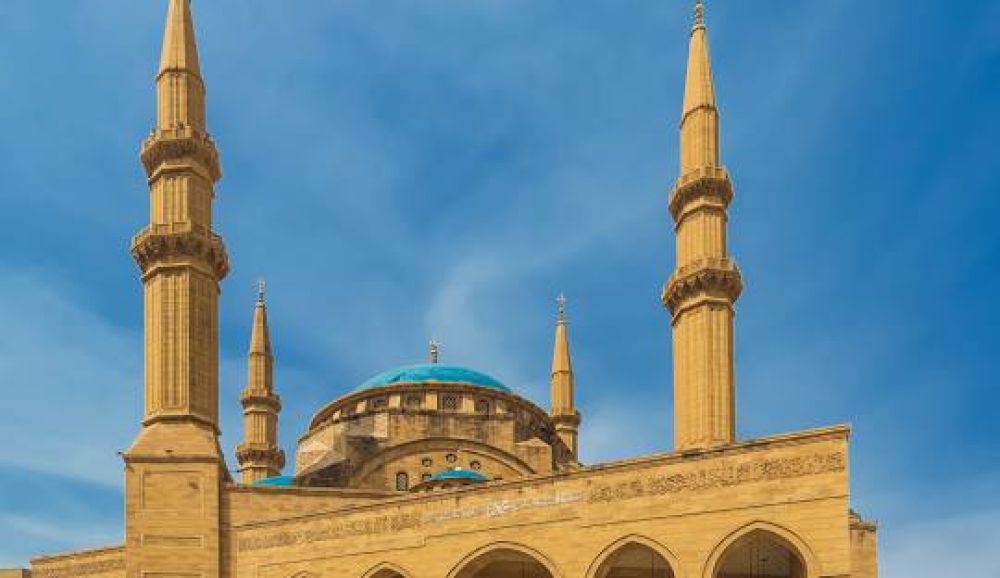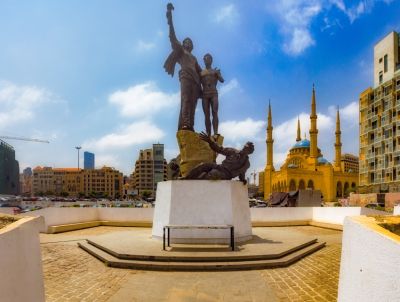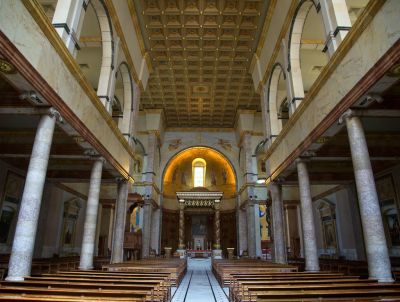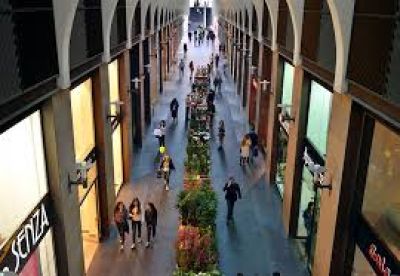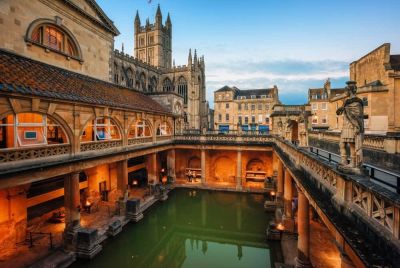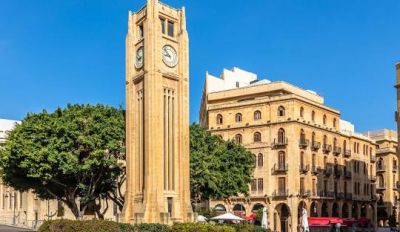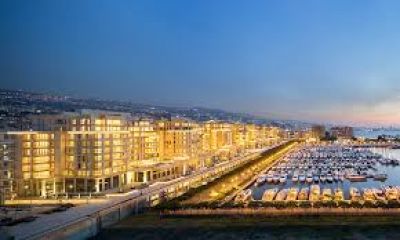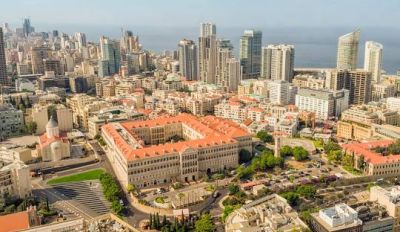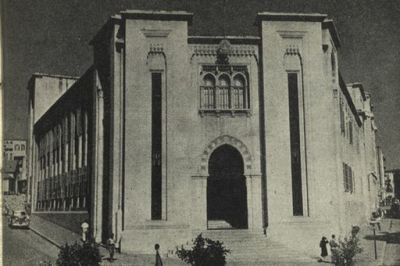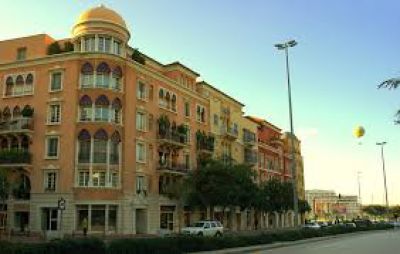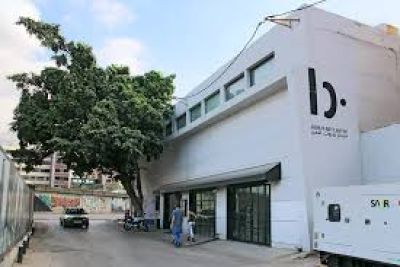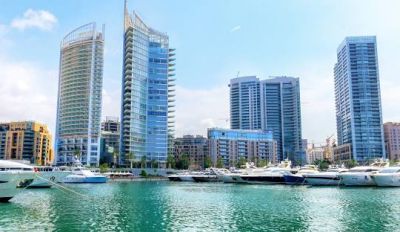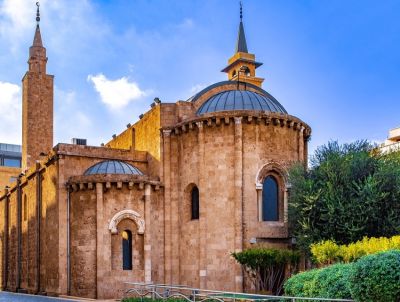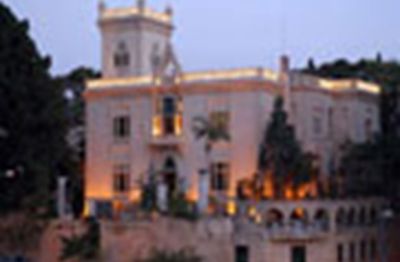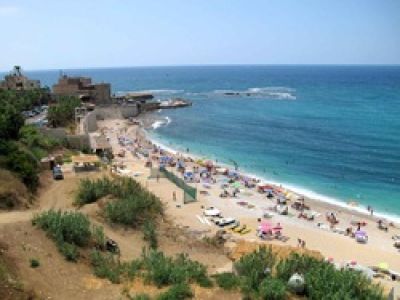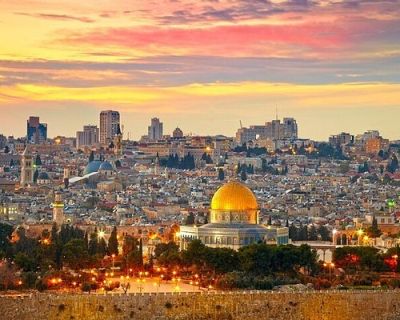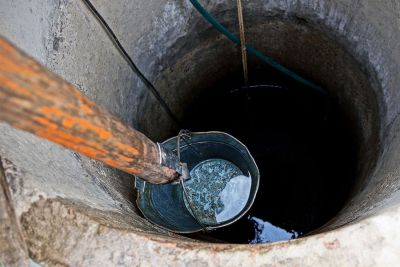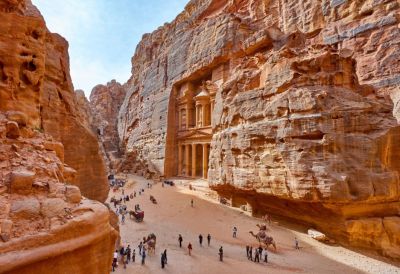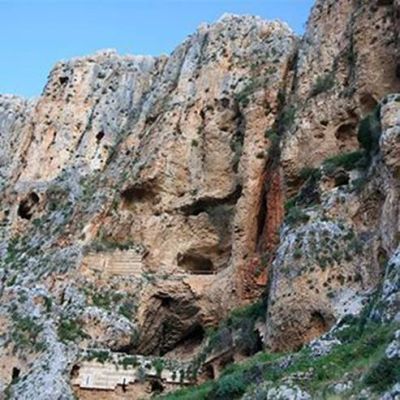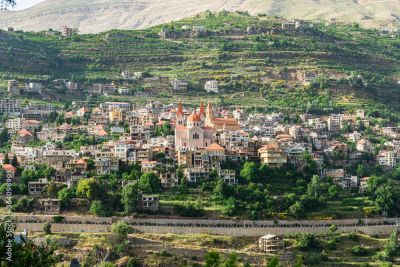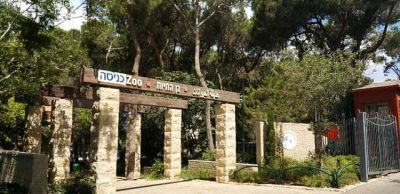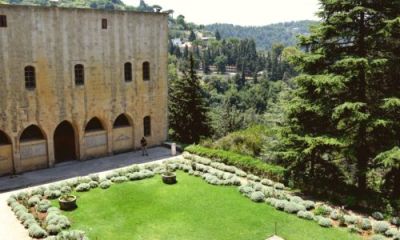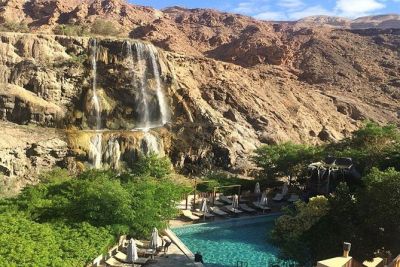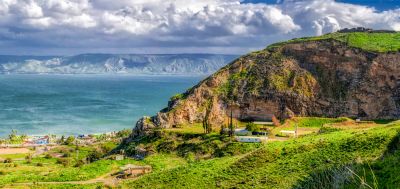Mohammad Al-Amin Mosque, Beirut Central District, Lebanon
History of the Mohammad Al-Amin Mosque
The Mohammad Al-Amin Mosque, also known as the Hariri Mosque, is a sunni mosque located in the heart of downtown Beirut, Lebanon. This significant religious and cultural landmark holds great importance in the Lebanese capital. The mosque was inaugurated in 2008 and serves as a symbol of unity and an architectural marvel in the city's skyline. Its construction was part of the larger redevelopment of the Beirut Central District, which was heavily damaged during the Lebanese Civil War.
The mosque was funded by the late Prime Minister Rafik Hariri, who was assassinated in 2005. It is inspired by the Ottomans' architectural style, notably the Blue Mosque in Istanbul. The mosque boasts a majestic blue dome, towering minarets, and intricately designed interiors that incorporate traditional Islamic art and calligraphy. It has quickly become one of the key attractions for tourists and visitors from around the world.
History of Tourism in the Beirut Central District
Beirut Central District has long been the cultural, social, and economic hub of the city. Prior to the 1975-1990 Lebanese Civil War, this area was known for its vibrant nightlife, theaters, and cafes. Post-war, the district underwent a massive reconstruction led by Solidere, aimed at reviving its former glory and turning it into a modern tourist destination.
Since the early 2000s, the district has seen the re-emergence of tourism. Landmarks such as the Mohammad Al-Amin Mosque, the Beirut Souks, and the renovated historical sites have attracted visitors interested in culture, history, and architecture. The Beirut Central District offers a blend of traditional Lebanese ambiance with modern amenities.
Latest Tourism Trends in Beirut
The tourism industry in Beirut has been undergoing a transformation to cater to a more diverse range of visitors. In recent years, travelers are increasingly interested in experiences that offer both an understanding of the local culture and heritage, as well as leisure activities.
- Cultural Tourism: People are eager to explore sites like the Mohammad Al-Amin Mosque that provide insight into Lebanon's rich history and cultural diversity.
- Gastronomic Experiences: Lebanese cuisine is a major draw, with food tours and cooking classes becoming quite popular.
- Eco-Tourism: There is a growing interest in Lebanon's natural beauty, with tourists seeking out eco-friendly tours and outdoor activities.
- Nightlife and Entertainment: Beirut's reputation as a city that never sleeps continues to attract those looking for vibrant entertainment and nightlife.
Additionally, the rise of digital nomadism and remote working options have seen a new wave of travelers who blend work and leisure stays in the city, often seeking inspiring locations such as the Central District that cater to both professional and personal interests.
Travel Information
Accessibility to the Mohammad Al-Amin Mosque and the Beirut Central District is facilitated by the city's transportation network, which includes taxis, buses, and car hire services. The district is also pedestrian-friendly, allowing visitors to comfortably explore the area on foot.
The mosque is open to visitors outside of prayer times, and tours are available to offer insights into its design and significance. Visitors should be mindful of the cultural norms and dress modestly when visiting religious sites.
